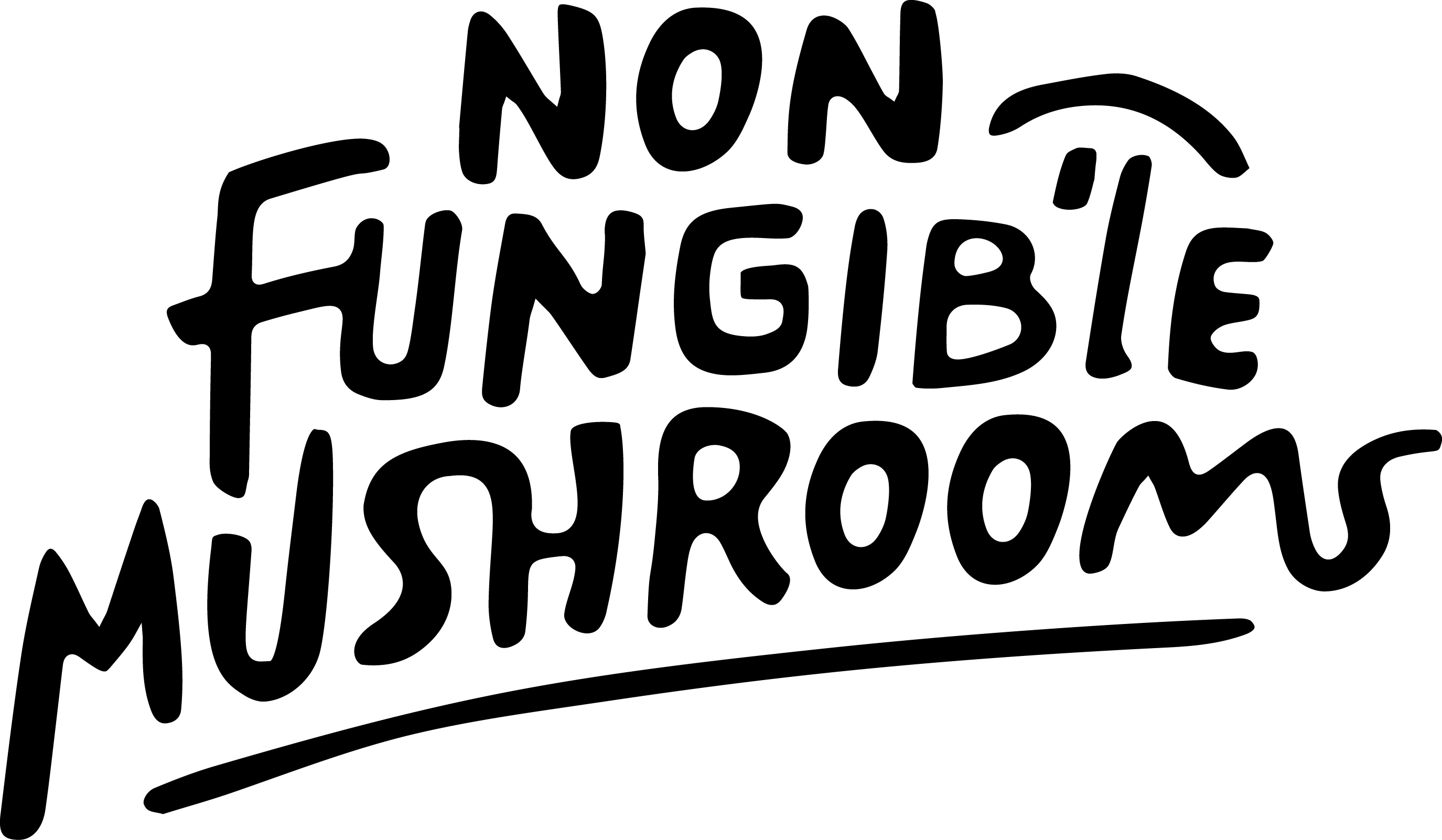

A cup of tea makes everything seem possible again." - Lewis Carroll
This sentiment perfectly captures the essence of mushroom tea - a modern twist on the ancient ritual of tea drinking that offers both comfort and potential health benefits.
Recently, mushroom tea and coffee have become very popular. This trend has grown even more because celebrities are promoting these drinks. Mushrooms have been used for a long time in Eastern medicine because they are thought to have healing properties. Nowadays, these drinks are considered more than just something to enjoy; they are also seen as health supplements.
So, are all mushrooms good for health?
Well, No. Some mushrooms are known for their adaptogenic properties, which means they can help the body handle stress better. These mushrooms are receiving a lot of attention as important ingredients in health products. However, research on these mushrooms is still new. Scientists are just beginning to explore how these mushrooms can provide more benefits to our health, blending old traditions with new knowledge to potentially change how we think about staying healthy.
Let's explore mushroom tea and its proven benefits. It's already out there in the world, so why not take advantage of it?
Are you curious why mushroom tea is chosen over mushroom pasta for health benefits? To understand this, one must first learn about it.
How is Mushroom Tea Prepared? Mushroom tea is created using extracts from medicinal mushrooms. These aren't your garden-variety mushrooms but specific types that are valued for their health-promoting properties. The mushrooms, such as chaga, reishi, or lion's mane, are dried and ground into a fine powder.
This powder is then soluble and can be mixed into hot water, tea, or even coffee, giving a nutrient-rich boost to your favorite beverages. Unlike regular tea leaves or coffee grounds, mushroom extract dissolves and infuses the drink with its active compounds.
What Makes It Different from Supermarket Mushrooms? Mushroom tea is made from types of mushrooms that are very different from the ones you typically buy at the supermarket. While supermarket mushrooms like button, portobello, and shiitake are grown for their flavor and how they enhance dishes, the mushrooms used in mushroom tea, such as reishi, chaga, and lion's mane, are selected for their health benefits. These special mushrooms are packed with bioactive compounds including:
Additionally, these mushrooms possess adaptogenic properties, helping your body manage stress more effectively. This focus on health and wellness is what sets the mushrooms in mushroom tea apart from everyday culinary varieties.
For those interested in experiencing the health benefits of mushroom tea without the hassle of sourcing and preparing these special mushrooms, Non Fungible Mushrooms offers conveniently pre-packaged adaptogen mushroom powder that's perfect for stirring into your morning tea or coffee
Mushroom tea's health benefits are derived from medicinal mushroom properties. Here are six supported potential benefits:
1. Antioxidant and Anti-inflammatory Effects: Mushrooms used in mushroom tea, like chaga and reishi, are rich in antioxidants. These compounds help reduce oxidative stress in the body, potentially lowering inflammation. This effect can contribute to overall health and may help in preventing various chronic diseases.
2. Potential Cancer-Fighting Properties: Some studies, suggest that certain mushrooms may have anti-cancer properties. For instance, components in mushrooms like polysaccharides have shown potential in fighting cancer by targeting tumor growth and boosting the immune system. However, it's important to note that these findings have not yet been sufficiently demonstrated in human trials, and more research is needed.
3. Blood Sugar Control: Research, Indicates that certain mushrooms can help control blood sugar levels, potentially benefiting people with diabetes. This effect is thought to be due to the natural compounds in mushrooms that may enhance insulin sensitivity. Yet, similar to the anti-cancer benefits, more human-based studies are necessary to firmly establish these effects.
4. Supports Athletic Performance: Studies have explored the impact of mushroom tea on athletic performance, finding that it might help improve oxygen utilization and fatigue resistance. However, the dosage used in these studies often exceeds what is typically consumed daily, making it unclear how practical or effective mushroom tea is under normal conditions.

5. Improves Your Gut Microbiome: Mushrooms contain specific types of carbohydrates that act as prebiotics, which can help nourish and support the growth of healthy bacteria in the gut. By promoting a healthy gut microbiome, mushroom tea may contribute to improved digestion and overall gut health.
6. Rich in Nutrients: While mushroom tea is brewed and may not contain all the fiber found in fresh mushrooms, it still retains many beneficial nutrients, including minerals and vitamins essential for overall health. Drinking mushroom tea can be a useful part of a balanced diet, providing these nutrients in a potentially more accessible form than raw or cooked mushrooms.
Mushroom tea is not just a trendy beverage, it is also considered as a functional drink that can support various aspects of health. This is due to its potential benefits. However, it is important to note that more conclusive research, especially involving human participants, is needed to fully validate these benefits.
Adding a high-quality mushroom blend like LIFT or MIND into your diet can be a simple yet effective way to unlock these benefits. Non Fungible Mushrooms specializes in organic blends that are not only easy to incorporate into your daily routine but also promise to elevate your wellness journey
While mushroom tea is celebrated for its potential health benefits, it's important to consider some of the risks associated with its consumption, especially for those with specific health conditions or those taking medications.
Uncertain Side Effects and Interactions with Medications
Mushroom tea, like many herbal supplements, contains bioactive compounds that may interact with prescription medications. For example, certain mushrooms can have blood-thinning effects, which could be hazardous when taken with anticoagulant drugs.
Additionally, the effects of long-term consumption of mushroom tea are not well-documented, and there may be side effects that are not yet understood. This lack of clear data makes it crucial to approach mushroom tea with caution, particularly for individuals with underlying health conditions.
Importance of Consulting with a Doctor Before Consumption
Given the potential for interactions and the limited research on the side effects of mushroom tea, it is essential to consult with a healthcare provider before adding it to your routine. This is especially important for those who are pregnant, breastfeeding, have existing health issues or are currently on medication. A doctor can provide personalized advice based on your health history and current medications.
Lack of Regulation by the FDA
Mushroom tea products are generally classified as dietary supplements, which means they are not strictly regulated by the U.S. Food and Drug Administration (FDA) in the same way that medications are. This lack of regulation can lead to inconsistencies in product quality, potency, and purity. The FDA does not evaluate these products for safety or efficacy before they hit the market, so consumers should exercise caution and choose products from reputable sources to avoid contaminated or mislabeled supplements.
While mushroom tea may offer several health benefits, it is essential to be aware of its potential risks and consult healthcare professionals to safely incorporate it into your health regimen, ensuring it aligns well with your overall health objectives and existing treatments.
Mushroom tea has been stirring up interest with its claimed health benefits, but let's examine whether it truly holds up under scrutiny.

Claims vs. Reality
Though mushroom tea is celebrated for boosting immunity, enhancing mental clarity, and other health benefits, much of the evidence supporting these claims comes from studies. But the full endorsement from the scientific community isn't there yet, as most of the research has been limited to lab settings.
Supplements or Tea?
While mushroom tea offers a unique blend of nutrients and compounds, it's important to remember that it's not a cure-all. Basic dietary supplements and a well-rounded diet are still essential for providing the body with its necessary vitamins and minerals. Mushroom tea should be seen as a complement to, not a replacement for, traditional nutritional sources.
Consult and Consume Moderately
Before jumping on the mushroom tea trend, it’s wise to talk to a healthcare provider, especially if you have pre-existing conditions or take medications that could interact with mushroom ingredients.
Moreover, if you do decide to try mushroom tea, moderation is key. Integrating it into a balanced diet while monitoring its effects on your body will help ensure that your wellness journey is safe and informed.
Mushroom tea might just be the wellness boost you've been looking for, with potential benefits like immune support and stress reduction. For an easy, high-quality boost, try Non-Fungible Mushroom's adaptogen mushroom powder—perfect for blending into your tea or coffee.
Check out Non-Fungible Mushroom today and give your daily routine an effortless upgrade!